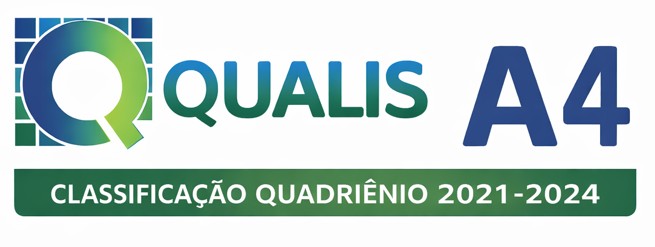Curriculum for diversity from the perspective of Action-Reflection-Action: the contributions of the pedagogical coordinator of the early years
Keywords:
Relações Étnico-Raciais, Currículo, Coordenador PedagógicoAbstract
This paper presents discussions on the cross-cutting theme of diversity and its interfaces with education for ethnic-racial relations in the context of public schools in the Federal District. It aims to understand the pedagogical coordinator's didactic actions based on the Action-Reflection-Action (ARA) method, based on the Basic Education Curriculum of the Federal District, exercised for the construction of African and Afro-Brazilian civilizational values in the Early Years of Elementary School. This is a qualitative study, reflecting on pedagogical and curricular know-how, with a focus on documentary research. The theoretical framework was based on the works of Darcy Ribeiro, Kabengele Munanga and Miguel Arroyo. The concepts of education for ethnic-racial relations and diversity highlighted the imperative of accepting our differences and the need to defend an anti-racist education. Thus, the curriculum is understood as an intentional construction of knowledge and practices aimed at valuing the human being in all its manifestations, beyond the crystallized teaching of content, which reinforces the teaching of civilizing values, such as solidarity, tolerance, otherness and respect for the different, even in the face of resistance to problematizing the issue within the school. The Pedagogical Coordinator should be seen as the link between the pedagogical work of teachers and the curricular proposals of the school network, helping to consolidate African values and combat racism.










